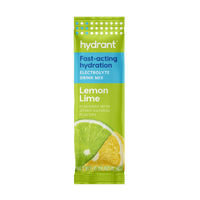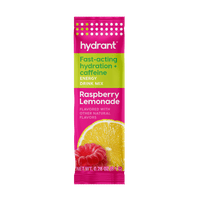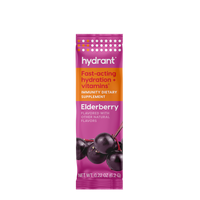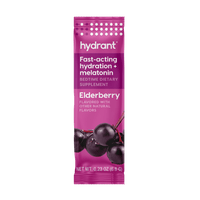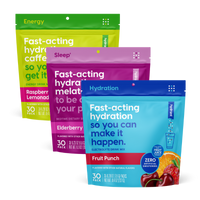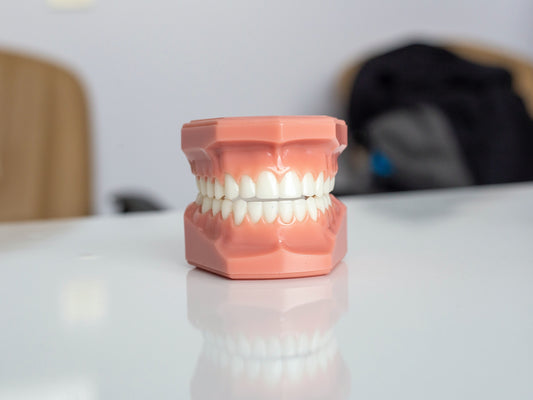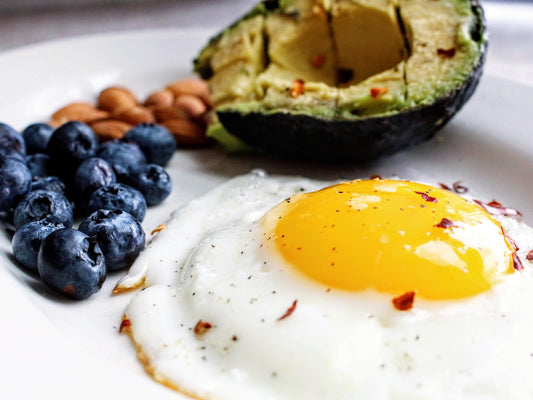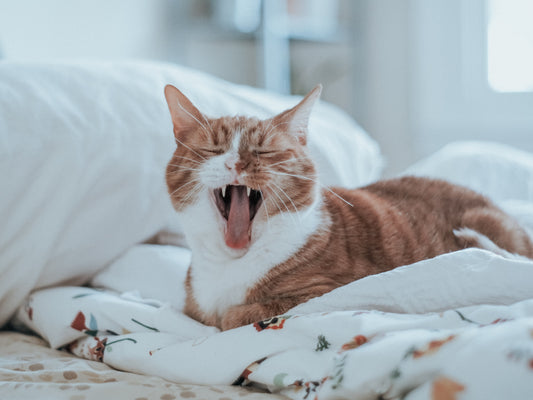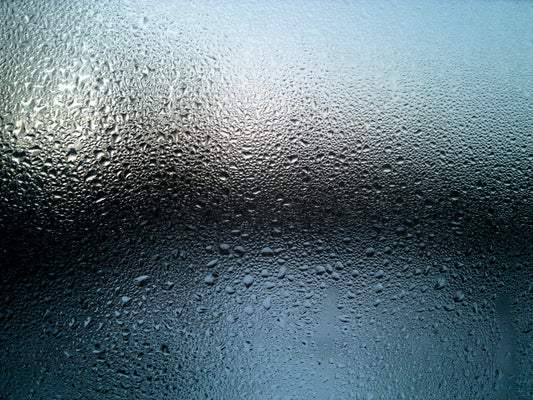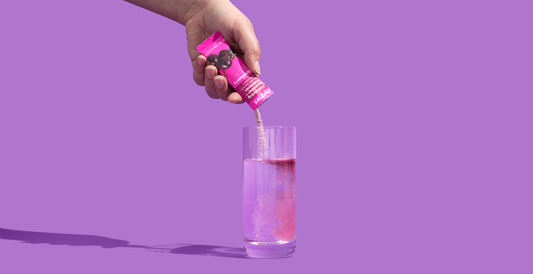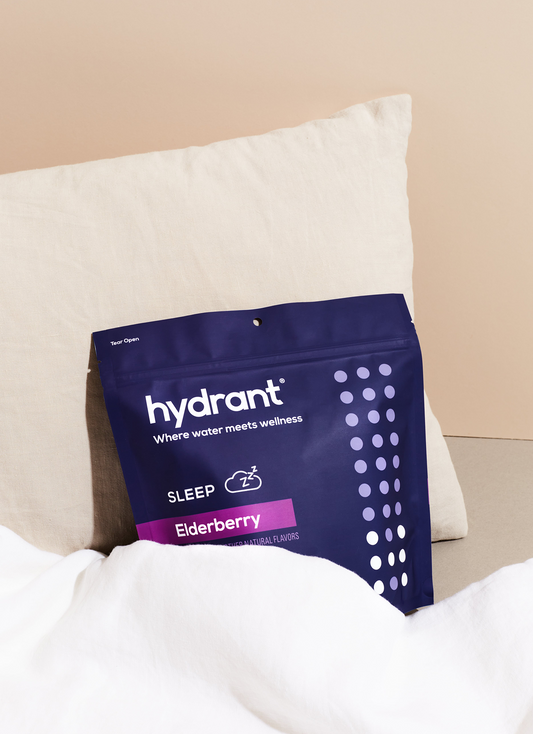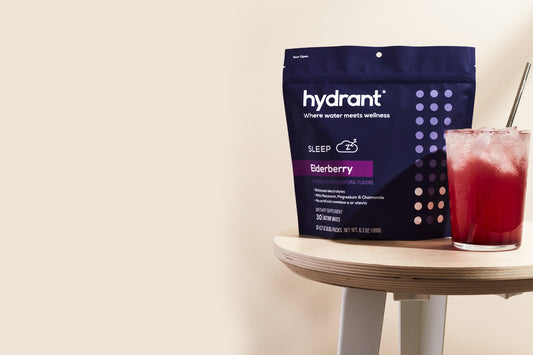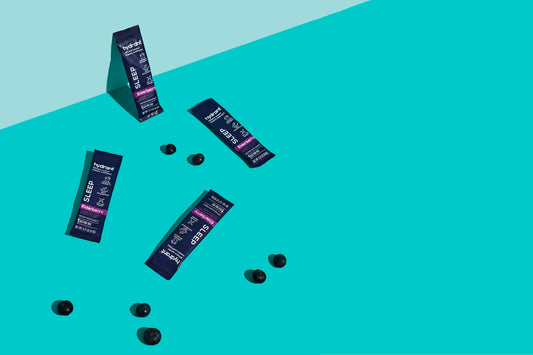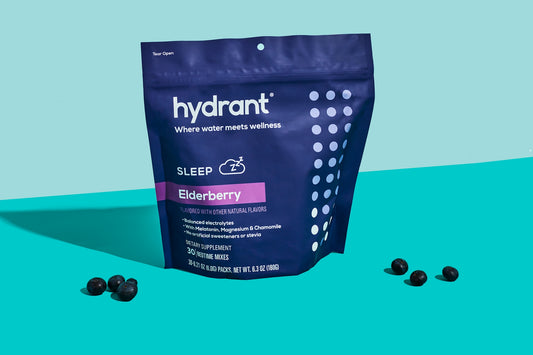Have you ever tried to fall asleep when you’re dealing with a headache? Even if they’re mild, headaches can make it hard for you to get comfortable and relax before bedtime, right?
If you need help figuring out how to fall asleep with a headache, we’ve got some tips you can try today.
How to Sleep with a Headache
It’s super frustrating to try to get ready for bed when your head starts pounding. It’s irritating, distracting, and can interrupt your sleep schedule. Sound familiar? We’ve pulled together some tips that might help with alleviating those nighttime headaches to help you enjoy some much-needed rest:
Establish a Sleep Routine
If you suspect that your headaches are stress-related, taking yourself through a simple, relaxing nighttime routine can make it easier for you to unwind and feel relaxed when you climb into bed.
What steps should your sleep routine include? Everyone has different preferences, but here are some examples of activities that can get you ready for bed and potentially help you with your headache (or at least not make it worse):
- Listen to relaxing music or a soothing audiobook or podcast
- Drink a cup of tea—chamomile is excellent for improving sleep quality, and it may have some anti-inflammatory properties [8]
- Take a warm bath or shower—try using lavender-infused bath products for extra relaxation and sleep benefits [9]

Remember, your sleep routine doesn’t have to be complex to be effective. Taking time to unwind can work wonders for reducing the severity of a headache.
Stretch Before Bed
Stretching is another activity you might want to include in your sleep routine. Stretching may be especially helpful if your headaches are caused by poor posture or muscle tension.
Addressing tight muscles in your neck and shoulders can help to reduce your discomfort before bed.
Stretching activates the parasympathetic nervous system, too, which puts you in a “rest and digest” state. It also releases endorphins, which are chemical messengers that have natural mood-boosting and pain-relieving properties [10].
Practice Breathing Exercises
Breathing exercises can also help to activate your parasympathetic nervous system and promote relaxation.
There are lots of different breathing exercises you can use, but make sure you’re practicing long, slow exhales. For example, breathe in for 4 seconds and then exhale for 8.
When you exhale, your vagus nerve secretes a substance known as ACh, which decelerates the heart rate and helps you to feel more relaxed. By slowing down and focusing more on your exhales than your inhales, you can experience these benefits and fall asleep faster [11].
Avoid Blue Light
Do your best to avoid blue light (from your phone screen, TV screen, etc.) before bed.

Blue light exposure may make your nighttime headache worse. It can also make it harder for you to fall asleep, as it simulates the light you’d be exposed to during the day. This, in turn, sends a signal to your body that it needs to stay awake [12].
If you can’t avoid blue light altogether, at least minimize the amount you’re exposed to. Try adjusting the light settings on your computer or phone so they have a yellow or orange tint instead. You can also wear orange-tinted glasses for a similar effect.
Keep Your Bedroom Dark
When it comes to getting a good night’s sleep and managing a headache, darkness is your friend. Many people find that they’re more sensitive to light when they have a headache, and extra light exposure can also impede your sleep.
Keep your bedroom as dark as possible, especially if you’re trying to fall asleep with a headache. Don’t turn on the TV, switch off all the lamps, and close the blinds. If you need to block out any stray light that’s making its way in, try wearing an eye mask, too.
Hydrate Throughout the Day
If you go all day without drinking water, you’re going to be more likely to end up with a headache by the time night arrives. It’s also not a good idea to try and chug a whole day’s worth of water right before bed (unless you want to get up every couple of hours to go to the bathroom).
Instead, make an effort to hydrate throughout the day. Drink before you’re thirsty (remember, when you feel thirst, you’ve already lost 1-2 percent of your body’s water) [13].
If you have a hard time drinking plain water, add some sliced fruit or mix in a hydration drink packet like Hydrant. Our mixes hydrate you quickly and help water reach your bloodstream faster (not to mention make water taste delicious!).
Eat Enough
In addition to drinking enough during the day, make sure you’re eating enough, too. If you’re undereating and going to bed hungry, you’ll be more prone to headaches and have a harder time falling asleep.
Everyone has different calorie and nutrient needs, so it’s hard to say precisely what “enough” looks like for you. In general, though, it’s important to make sure you’re eating a good balance of proteins, carbohydrates, and fats at each meal to avoid blood sugar drops that could lead to headaches.
If you need help figuring out how much to eat or how to plan your meals, talk to your doctor or a dietitian. They can give recommendations tailored specifically for your needs and health history.
Reduce Caffeine Intake
Overdoing it on caffeine during the day can cause headaches and may make it hard for you to fall asleep.
Try to cut off your caffeine intake by the early afternoon if possible. Since caffeine has a half-life of about 5 hours, it’s important to give it time to get all the way out of your system before you start getting ready for bed [14].
Wear Earplugs
When you have a headache, even quiet sounds can sometimes feel deafening. Wearing earplugs at night may help you to block out irritating noises and sleep more soundly.
Look for a pair that mold to your ears and are comfortable to wear all night (if something’s poking you or constantly falling out, it’s not going to do much good, is it?).
Common Headache Causes
Tried everything and nothing is working? Then it might be time to check in with your doctor.
A medical professional will be able to offer treatment advice that is specific to you.
Here are some reasons why you might be getting headaches that keep you awake at night:
Dehydration
When you’re dehydrated, your brain temporarily shrinks [1]. This shrinkage, in turn, triggers the nerves that surround the brain and cause headaches. If you’re not drinking enough fluids all day long, you’re going to be more prone to dehydration and, by default, headaches that could impact your sleep.
Stress
Stress is a common headache trigger, particularly for tension headaches [2]. All types of stress may contribute to headaches that keep you up at night, including physical stress from tight muscles and emotional stress brought on by depression, anxiety, or difficult life situations.
Eye Strain
Do you stare at a computer or your phone all day long? Do you sometimes catch yourself scrolling on your phone while your computer’s open and the TV’s on in the background?
If you’re always looking at screens, you might be more prone to eye strain [3].
Eye strain occurs when your eyes get tired from being overworked. If you spend all day putting pressure on your eyes, it’s not uncommon for a headache to pop up by the time the day’s over.
Hormonal Changes
Hormonal fluctuations can trigger headaches, too. When estrogen drops at certain points during the menstrual cycle, for example, headaches can occur.
Because estrogen drops during perimenopause and menopause, folks going through this stage of life may also be more prone to headaches that keep them awake at night [4].
Environmental Factors
Certain environmental factors can contribute to headaches. For example, if you use cleaning products or air fresheners with strong smells, you might be more prone to headaches. Changes in the weather may cause headaches for some people, too [5].

If you have headaches and trouble sleeping regularly, consider keeping a journal documenting your symptoms and what happens when they show up. This can help you to find out if something in your environment is the cause.
Hunger
If you’re not eating enough during the day, you may find yourself with a headache at night due to low blood sugar [6]. Even if you don’t physically feel hungry at night, insufficient calorie intake or insufficient intake of a particular macronutrient (carbohydrates, fats, and proteins) could be part of the problem.
Excessive Caffeine Intake
Finally, high caffeine intake can cause headaches for some people [7]. This is especially true if you’re drinking a lot of caffeine and not drinking enough water or other fluids throughout the day.
On the flip side, caffeine withdrawal can also result in headaches. If you’ve recently stopped drinking caffeine or have been drinking less, you might deal with headaches toward the end of the day.
Time for Better Sleep
If you’re tired of getting subpar sleep because of headaches, these tips can help. Give them a try the next time you’re feeling under the weather so you can get the rest you deserve.
